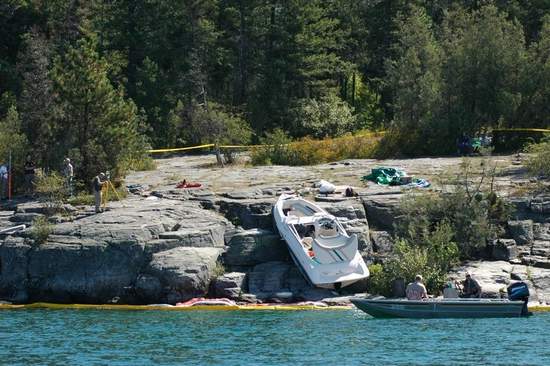While rummaging around in the archives at the Montana Historical Society yesterday I came across a Nov. 1978 headline in the Great Falls Tribune that caught my attention:

The 1978 headline juxtaposed with what I watched last night on Montana PBS was a stark reminder of money’s dramatic influence our politics today .
If you didn’t watch the Frontline/Marketplace special “Big Sky, Big Money,” do yourself a favor and do it now. You can see first hand how third party groups, SuperPACs, and shadowy tax-exempt 501(c)(4) “dark money” groups are trying to influence the outcomes our elections here in Montana while hiding from public view the identity of those trying to influence us. It’s a sobering exposé of post-Citizens United Montana and the group whose lawsuit reaffirmed the controversial Supreme Court decision and tossed out our 100-year-old Corrupt Practices Act in the process. Watch it here or go to Frontline’s excellent website for more interactive features about money in politics:
Watch Big Sky, Big Money on PBS. See more from FRONTLINE.
Montana State University political science professor David Parker is featured in the program. Parker says outside groups spent $6.8 million on the Montana Senate race through June alone.
According to Great Falls Tribune Washington bureau reporter Malia Rulon, during the first three weeks of October, Montanans were subjected to 25,211 political ads about the race between Democratic Sen. Jon Tester and his Republican challenger, Rep. Denny Rehberg. During that three-week period, groups spent $3.27 million.
So in 1978 Democrat Max Baucus’ and Republican Larry Williams’ campaigns combined spent less than $1 million on the Senate race and in 2012 the campaigns and third-party groups, many of whom are funded by secret donors and corporations, spent more than three times as much in a three-week period alone.
“2012 will go down as a record-pulverizing year for political advertising,” said Erika Franklin Fowler, co-director of the Wesleyan Media Project.
The future of American politics post-Citizens United is here folks. Like what you see?







 Schweitzer has built a national following among some members of his party who admire his no-holds-barred approach to taking on Republicans in the Capitol. From calling the GOP-controlled Legislature “
Schweitzer has built a national following among some members of his party who admire his no-holds-barred approach to taking on Republicans in the Capitol. From calling the GOP-controlled Legislature “

